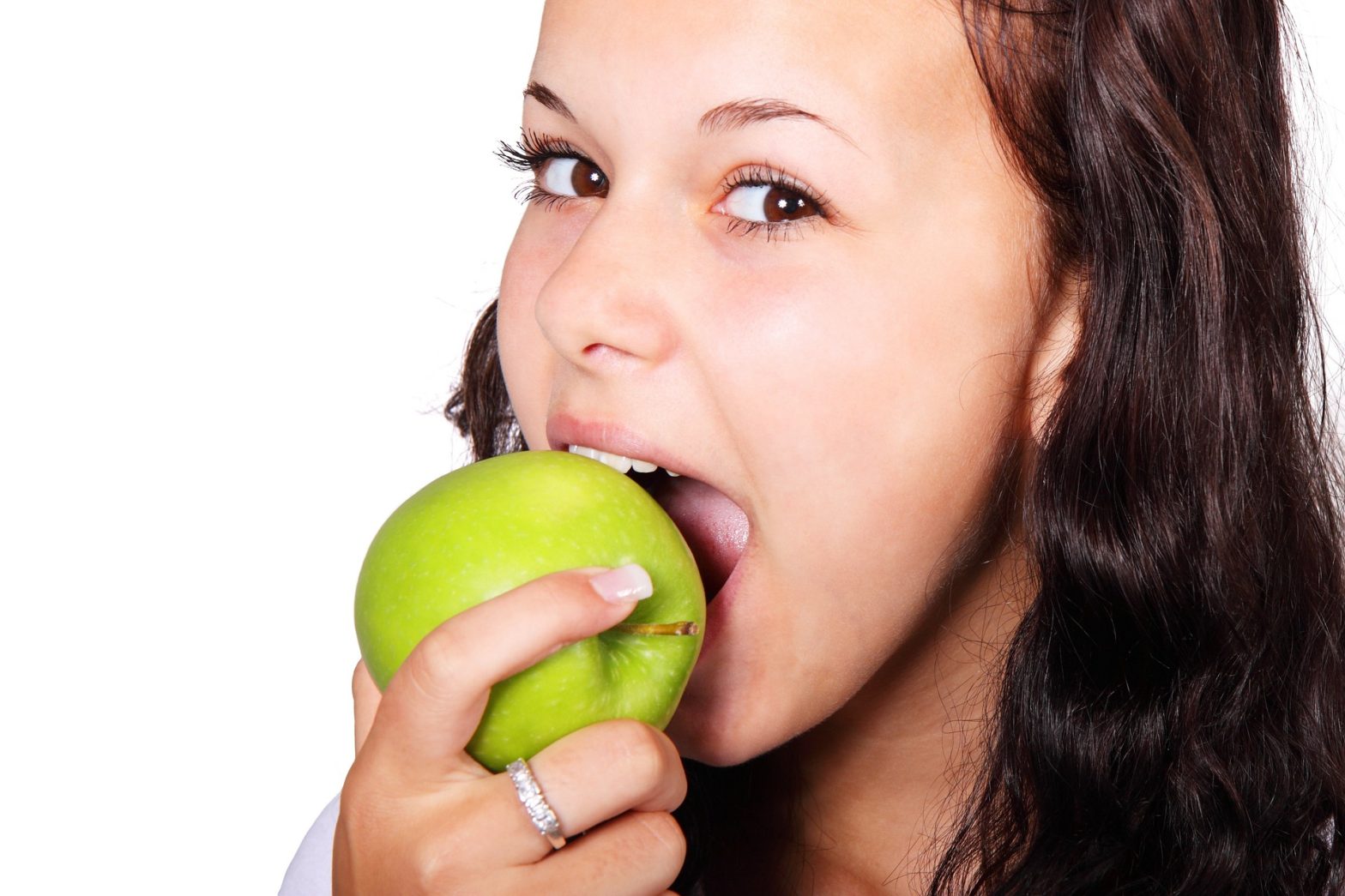Pregnant women should take extra special care of their bodies since they are eating for two. Expecting mothers need to care for themselves through their activities and diets, both during pregnancy and after delivery. There are thousands of things that could go wrong with the fetus, but not everything is within a woman’s control. (Parents may even want to consider having a birth injury lawyer in place in such an event.) Women should take control of their diets by eating lots of certain foods and, quite often, none of other foods.
Eat
Women should eat lots of healthy foods during pregnancy (and really any time). They should aim to eat two to four servings of fruits and vegetables per day; many fruits and vegetables are great sources of Vitamin C and folic acid. Protein, higher contents found in meat, eggs, and beans, helps keep expecting mothers and growing babies stay strong. Protein contains iron which helps carry oxygen to the fetus and the muscles.
Women who get three servings of protein during pregnancy aren’t just helping their babies grow—they’re helping themselves (and they’re babies) by staying rested, strong, and out of depression. Women easily require another three hundred calories a day to get the proper nutrients. Carbohydrates found in whole-grain products are the body’s main source of energy. Six to eleven servings of grain is ideal, as they have iron, fiber, and even some protein. Folic acid may also be found in some fortified grains (bread and cereal).
Women should also consume about four servings of dairy per day to ensure they get the proper amount of calcium every day. Calcium builds teeth and bones and affects muscle and nerve function, and the body will feed the baby calcium from the bones if there’s not enough in the diet. Finally, fat can’t be avoided (and it shouldn’t be), but women should focus on trying to eat healthier fats, like omega-3 fatty acids. Foods like fatty fish, avocado, and flax seed all contain healthy fat. Healthy and balanced diets make for more enjoyable (and less complicated) pregnancies.
Don’t Eat
There are certain foods which must be restricted or completely eliminated until the baby has come. Most fish can be eaten, but women should make sure they don’t consume too high levels of mercury (no more than six ounces of canned light tuna a week). Pregnant women should avoid eating more than twelve ounces of fish and seafood per week. Eggs should be cooked properly and no raw meats should be consumed at all (pregnancy also means no raw cookie dough).
Pregnant women should also try to minimize their caffeine intake and eliminate their alcohol intake. They shouldn’t eat anything unpasteurized, which is why lunch meat should be heated before eating along with cheeses like feta, queso blanco, and queso fresco. This also means no unpasteurized juice or cider. Even though the restrictions seem hard to keep track of, but it’s doable and provides opportunity for women to learn a little more about their body’s needs.
Pregnancy is a fragile time for mother and child. Expecting mothers should practice good eating habits and may want to take prenatal vitamins to supplement with a healthy diet. Children live inside of women, and women need maintain a healthy environment for the baby and for themselves. Women who plan on breastfeeding, they’ll want to make sure they have a good eating routine in place, as breastfeeding takes a lot of energy and can be exhausting.

